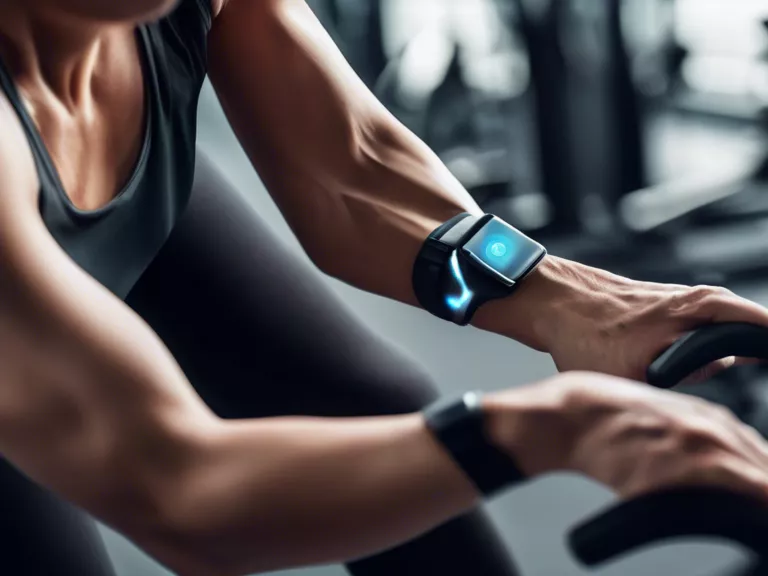
Biometric data collected from wearables like fitness trackers can provide valuable insights to guide personalized fitness routines, enabling individuals to track their progress, set realistic goals, and make informed decisions about their health and wellness.
Wearable devices such as smartwatches, fitness bands, and smart clothing can monitor various biometric measurements such as heart rate, sleep patterns, calories burned, steps taken, and even stress levels. By analyzing this data over time, users can gain a better understanding of their overall health and fitness levels.
One of the key advantages of using biometric data from wearables is the ability to tailor fitness routines to individual needs and goals. For example, someone looking to lose weight can use their device to track calories burned and adjust their exercise regimen and diet accordingly. Similarly, athletes can monitor their heart rate and performance metrics to optimize their training and improve their athletic performance.
Biometric data can also help identify patterns and trends that may be impacting an individual's health and fitness. For instance, if someone notices a spike in their stress levels during certain times of the day, they can take steps to manage and reduce stress through techniques like meditation or deep breathing exercises.
In addition, wearable devices can provide real-time feedback and motivation to keep users engaged and on track with their fitness goals. Notifications, reminders, and progress updates can help individuals stay accountable and stay motivated to continue making healthy choices.
Overall, the use of biometric data from wearables in guiding personalized fitness routines can lead to better health outcomes, increased motivation, and improved overall wellness. By leveraging this technology, individuals can take control of their fitness journey and achieve their goals in a more efficient and effective manner.



